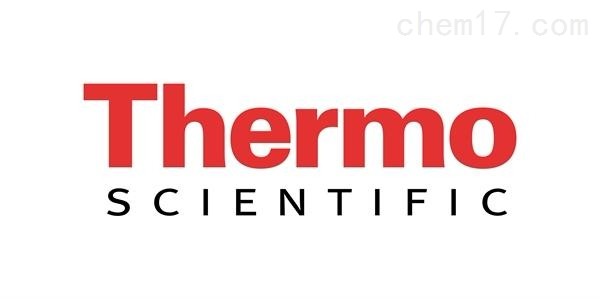



Thermo Fisher Scientific recently reported a 22 percent increase in second-quarter revenues that was partly driven by acquisitions and increased its revenue and earnings guidance for the year for the second time in a row.
"We achieved excellent growth in revenue and earnings. Our team executed well and capitalized on the continued strength of our end markets," said President and CEO Marc Casper during a conference call to discuss the firm's financial results this morning. "We're in a great position to achieve another very successful year."
Revenues for the quarter totaled $6.08 billion, up from $4.99 billion during the same period last year and beating Wall Street analysts' average estimate of $5.89 billion. Organic revenues grew 8 percent, while acquisitions boosted revenues by 12 percent and currency effects contributed 2 percent to revenue growth during the quarter. All four of Thermo Fisher's business segments contributed to the growth.
Life sciences solutions revenue grew to $1.57 billion, up 12 percent from $1.41 billion in Q2 of 2017. Organic revenues grew 9 percent and growth came from all businesses, including next-generation sequencing, bioproduction, biosciences, and genetic sciences.
Analytical instruments revenue increased 13 percent to $1.31 billion from $1.17 billion in the year-ago period. Organic revenue growth was 9 percent, and the company said it saw very good growth across all businesses, including chemical analysis, mass spectrometry, and electron microscopy.
Specialty diagnostics revenues grew 8 percent to $932 million from $862 million in Q2 of 2017. Organic revenues grew 5 percent, and the firm saw strong growth in transplant diagnostics and clinical diagnostics, as well as in the healthcare market channel.
Laboratory products and services, which include the Patheon acquisition last August, grew 42 percent to $2.55 billion from $1.79 billion a year ago. Organic revenues grew 9 percent and there was strong growth across all businesses, led by the clinical trials logistics business and the research and safety market channel, according to the company.
During the call, Casper commented on the firm's diagnostics business, saying that it showed "broad-based strength" across transplant diagnostics, clinical diagnostics, and the healthcare market channel. He also remarked on the good performance of the clinical NGS business, which is not part of the specialty diagnostics segment but serves the same market.